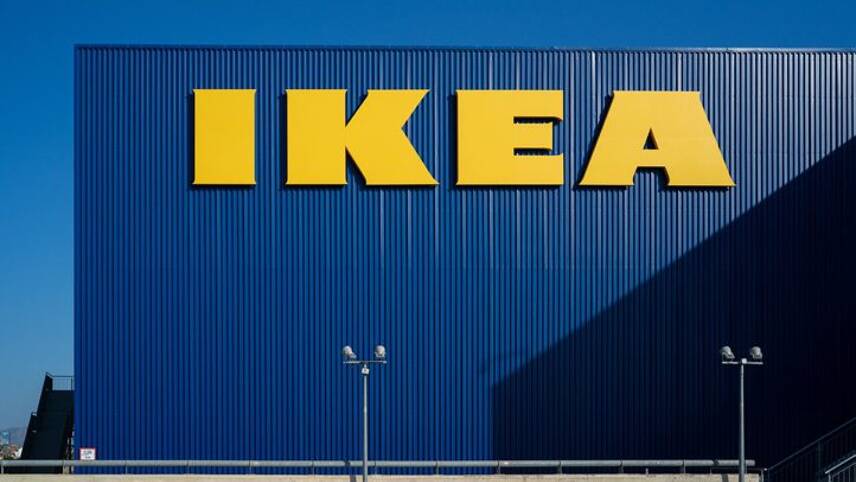Register for free and continue reading
Join our growing army of changemakers and get unlimited access to our premium content

Ikea plans to reach net-zero emissions by 2050.
The world’s largest furniture retailer is committed to becoming fully circular by 2030 and the new strategic partnership will aim to accelerate the transition to closed-loop business models and services and circular products.
The main aims of the partnership will be to develop fact-based and transparent definitions of the circular economy and its applications, advocating for circular furniture design by engaging with young designers, lobbying for legislative changes where necessary, and promoting its own circular offerings to customers.
“To become circular is one of our big ambitions and challenges for the future. It is a transformational shift for our entire business. Our goal is to give products and materials a longer life through reuse, refurbishment, remanufacturing, and, as a last option, recycling. We believe this requires leadership and collaboration,” Inter Ikea Group’s chief sustainability officer, Lena Pripp-Kovac said.
“We are very happy to work with the Ellen MacArthur Foundation to both advance our own transition and to make the circular economy a central part of the home furnishing industry. One of our first projects together will be to develop a global common dictionary on circular economy that can support an industry-wide transition”,
The partnership will build on Ikea’s efforts to embrace the circular economy to date.
The company’s sustainability report claims that 80% of Ikea’s home furnishing projects have now been assessed and approved against its circular design principles. In addition, more than 60% of the product range is based on renewable materials and more than 10% contains recycled content. Ikea expects around 60% of the polyester used to be recycled.
Away from the design stage, Ikea is set to upscale trials of new models of furniture rental and refurbishment, the report confirms, and to expand its take-back offering for furniture and textiles recycling.
Earlier this year, Ikea confirmed that it had recorded a year-on-year decrease in its total carbon footprint despite expanding its operations, for the first time in its history.
Closing the loop
As for the Ellen MacArthur Foundation, the organisation launched a digital tool in January which enables businesses of all sizes and sectors to measure their contribution to the circular economy and identify ways in which to close the loop further.
It enables users to track the extent to which their business is contributing to the Foundation’s three principles of a circular economy – designing out waste and pollution; keeping products and materials in use; and regenerating natural systems – by assessing data across 18 metrics.
“We are delighted to partner with Ikea, who share our belief that through the circular economy, businesses can play a vital role in meeting many of the challenges we face today, such as climate change, waste and pollution,” the Foundation’s chief executive Andrew Morlet said.
“The circular economy empowers businesses to rethink how they create value, in ways that benefit the environment, society, and the economy. This is an exciting opportunity to help transform an industry that is not only a significant part of the global economy, but has such a strong, personal connection to individuals and communities around the world.”
Morlet recently spoke to edie to discuss the global shift to the circular economy. During the interview, Morlet called on businesses to develop holistic action plans to combat the complex challenge of restoring natural systems in a renewable and closed-loop way.
Matt Mace


Please login or Register to leave a comment.